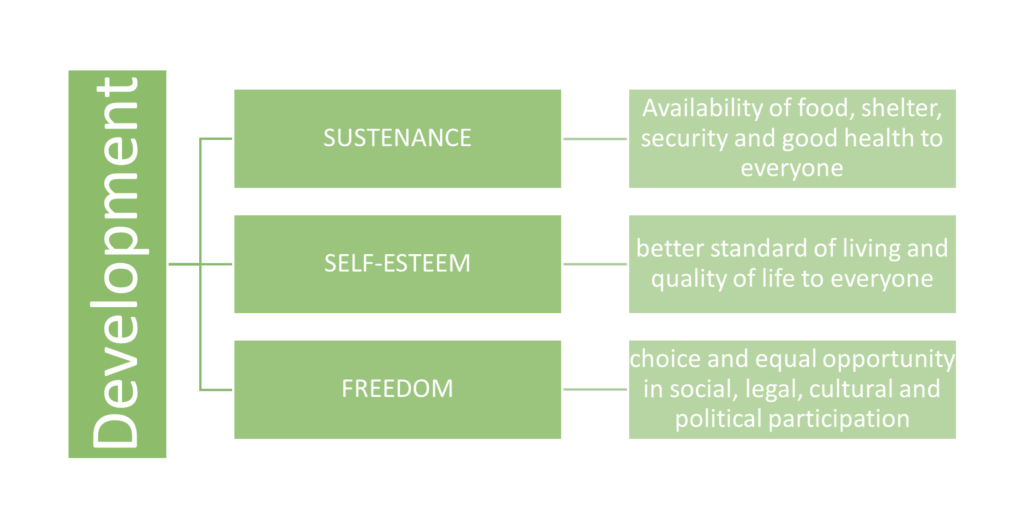Over the past decades, the definition and understanding of the term ‘development’ have dramatically changed. The three core values of development by Denis Goulet represent that change in how we define development.
Traditionally, development was only viewed as a rise in the gross national income of an economy. Therefore, measures such as per capita income and gross national income were employed to measure the development of a nation or economy.
However, these measures were based on the assumption of the ‘trickle-down effect’, implying that an increase in national income or per capita income will automatically reach the masses. Moreover, it did not take inequality into account and neglected the need for the redistribution of wealth. Furthermore, empirical observations by economists indicated that nations often met their growth targets without any change in the situation of poverty, unemployment or quality of life of the poor. Hence, growth without a specific focus on redistribution was accompanied by increasing inequalities in developing nations.
Econometrics Tutorials with Certificates
Goulet’s three core values of development
As a result, the definition of the term development underwent a change. Along with growth, the role of redistribution of wealth to reduce inequalities, alleviate poverty and reduce unemployment was emphasized. Focus shifted from just growth in per capita income to a more wide variety of social and political changes accompanied by growth. Moreover, a multidimensional concept of development emerged to include certain necessary components for development. As a solution, Denis Goulet suggested three core values necessary for the development of an economy:
Sustenance
Firstly, Sustenance refers to the basic needs of a human being without which survival would not be possible. Hence, these needs include food, shelter, security and good health. Shortage of any of these necessities implies a situation of severe underdevelopment of the economy. Development, therefore, must lead to the reduction of these shortages and fulfil the basic needs of the population. That is, the benefits of growth must be accompanied by a reduction in this absolute poverty situation. As a result, improvement in the quality of overall life in an economy is bound to occur.
Self-esteem
Secondly, every individual is entitled to a sense of self-worth or self-respect. Although the nature of self-esteem may change with society or the economy, the basic idea remains the same. Thus, all people have the right to a life of dignity and honour. Respect, however, is often attached to wealth and the underdevelopment of an economy can be a burden on people’s self-esteem. Hence to promote self-worth, development must be spread across the whole economy and not just certain sections within it.
Freedom
Thirdly, Freedom refers to not just freedom from servitude, but also from discrimination, oppressive beliefs and practices. Additionally, equal opportunity and freedom in every aspect of the social, legal, cultural and political situation are necessary for every individual. So, everyone must be free to choose and have control over their own life and actions. Growth without freedom has been observed in many nations, which defeats the purpose of development.

Econometrics Tutorials with Certificates
This website contains affiliate links. When you make a purchase through these links, we may earn a commission at no additional cost to you.



good analysisi
Thank you!!!
not bad
Thank you!